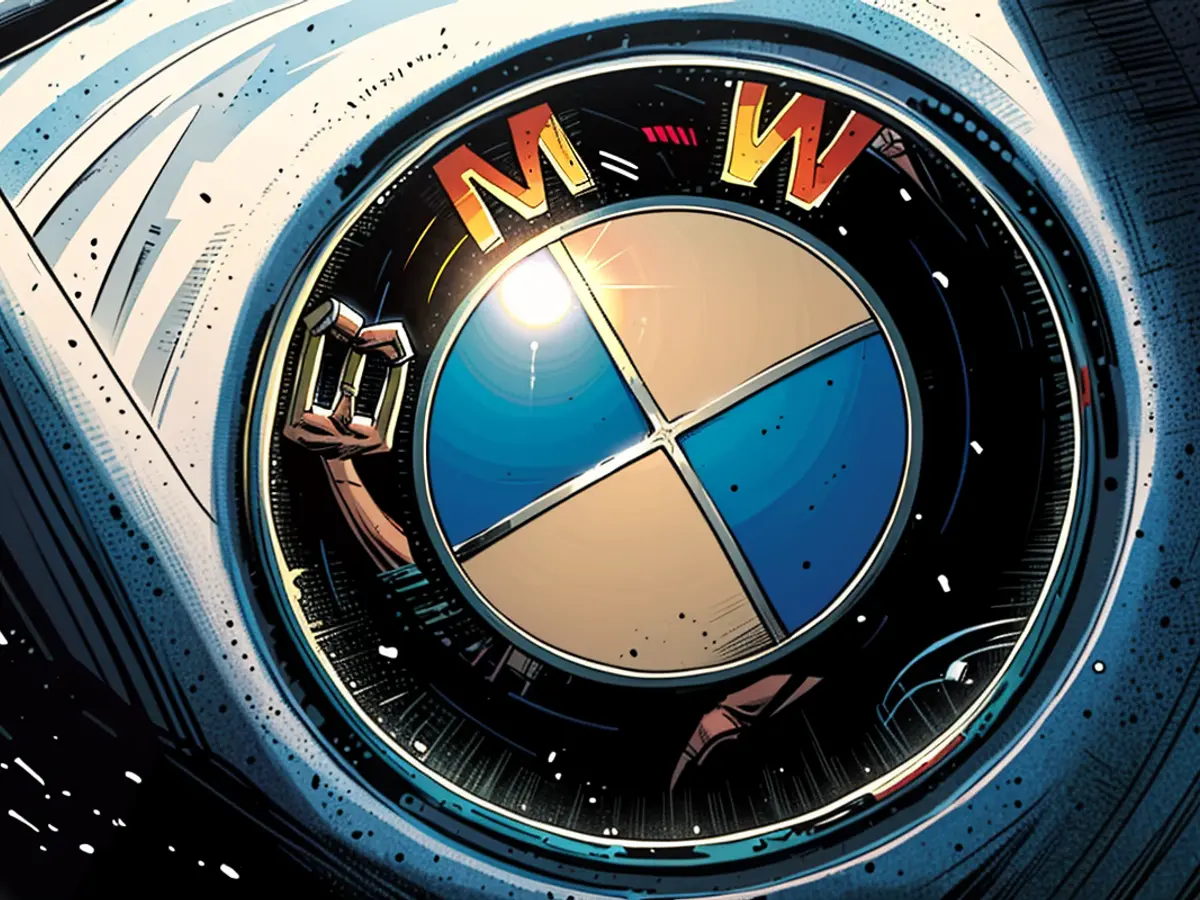- BMW significantly reduces its anticipated profits.
BMW, the car manufacturer, has adjusted its sales and profit projections for this year. Factors contributing to this include vehicle recalls and delivery halts due to defective parts supplied, coupled with sluggish sales in China. As a result, pre-tax profit is anticipated to plummet by at least 10% compared to the previous year.
An issue with a supplied braking system has affected over 1.5 million vehicles and has incurred warranty costs in the millions during this quarter. Delivery delays for approximately 320,000 yet-to-be-delivered vehicles globally will translate into negative sales impacts in the second half of the year.
Furthermore, demand in China remains muted. Although BMW had initially been more optimistic about the market's prospects than its competitors, consumer reluctance remains, BMW reported on Tuesday.
Decrease in Sales and Profit
In response, the board has amended its annual forecast. Instead of a minimal increase in car deliveries, they now anticipate a minor decrease compared to the previous year. The EBIT margin in the automotive segment is now projected to fall between 6 and 7%, previously set at 8 to 10%. Pre-tax profit is also expected to dip significantly below the previous year's level. Last year, BMW sold 2.55 million vehicles, recorded an EBIT margin of 9.8% in its primary business, and generated 17.1 billion euros in pre-tax profit.
Continental Creates a Provisional Allocation
Supplier Continental, which manufactures the integrated braking system for BMW, admitted to producing a faulty electronic component. However, the braking performance continues to surpass legal standards. "We've set aside reserves in the mid-double-digit million euro range and assume that this amount will suffice for the warranty-related issue," Continental announced.
After issuing a profit warning, BMW's stock price slumped by nearly 8% in the afternoon, while Continental's stock price declined by 7%. Other automotive stocks also suffered losses. BMW declined to disclose the braking system supplier, but announced that it will seek compensation. Around 3 to 5% of the delivered components are defective, but all must be inspected.
Currently, the German auto industry is grappling with a crisis. Beyond geographical challenges, the burdens of transformation, the market's lackluster performance in the largest individual market, China, and the diminishing demand for electric vehicles in Europe, where companies have invested heavily, are all taking a toll on the industry. Volkswagen, the industry's leader, no longer rules out plant shutdowns and job cuts in Germany. Continental, one of the largest suppliers, plans to lay off thousands of employees, while ZF is also reducing its workforce on a large scale. Even industry leader Bosch is tightening its belt.
The faulty electronic component in the braking system, manufactured by Continental, has led to multiple vehicle recalls and warranty costs for BMW. Due to these issues and the decreased demand in China, the company has revised its manufacturing projections, anticipating a minor decrease in car deliveries and a significant dip in pre-tax profit compared to the previous year.








